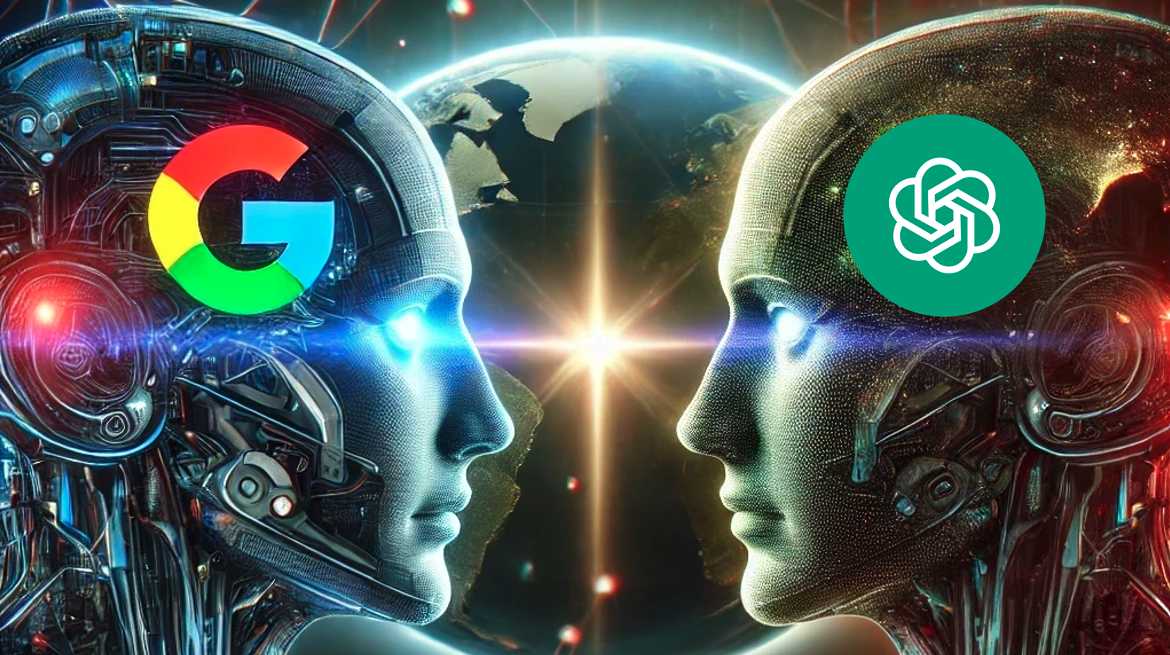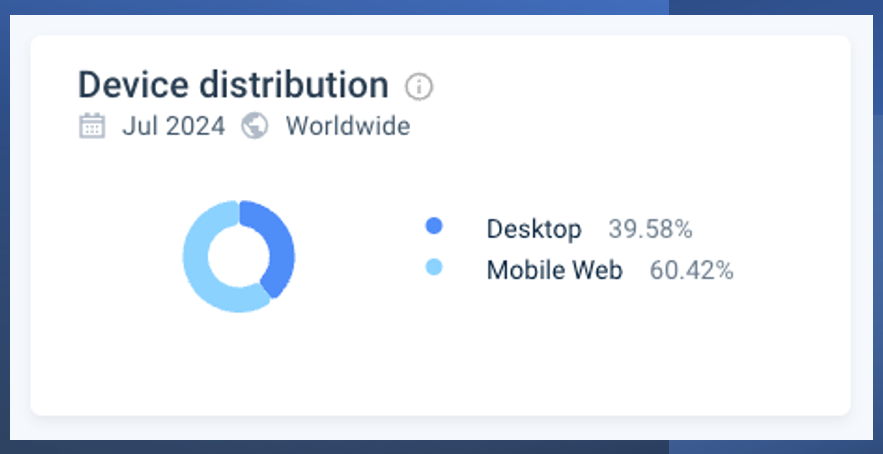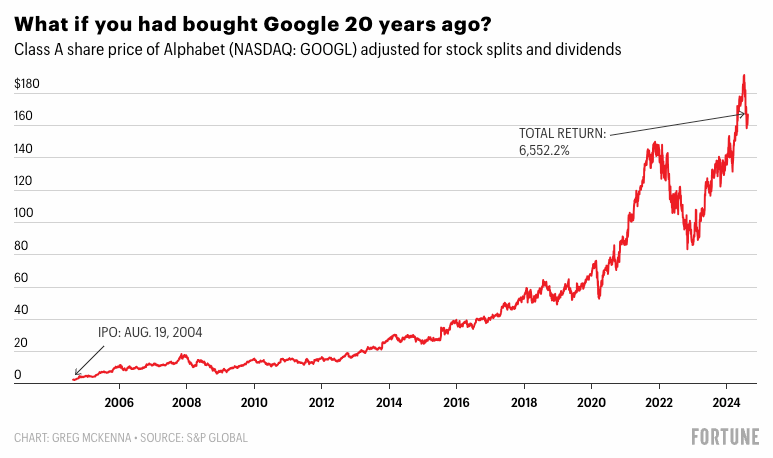Local Key for SearchGPT, Default Search Power, Google Naïveté

Local Is Key for SearchGPT
My earlier hot take on SearchGPT is that it's pretty good already and could be used as a Google replacement for many/most informational queries. I also pointed out that local is an area where SearchGPT is considerably weaker than Google. I have subsequently done multiple side-by-side searches in the San Francisco Bay Area, where I live. This has reinforced my earlier view that Google is much much stronger in local, because it has more and better data. SearchGPT rarely links directly to local business entities. It links to aggregators and directories instead; that's understandable given its infancy. Sometimes that's fine, often it doesn't deliver a good user experience. I looked for service businesses, entertainment, activities, hotels and restaurants. I used short queries and more elaborate "conversational" queries. The area where SearchGPT beats Google is the ability to ask follow-up questions and refine results. Also, SearchGPT's UI isn't littered with ads and modules, which some people may actually like. Regardless of your UI preferences, it's clear that weaker local results will hinder SearchGPT adoption. If it doesn't do a better job – or a "good enough" job in local – it probably won't ever become a credible search alternative.

Our take:
- Google typically uses local examples when discussing a new search feature, as evidence of its strategic value.
- I would argue that local (data, entity graph) is now Google's primary advantage over rivals – other than it's brand of course.
- Any company that aspires to compete with Google needs a local strategy. For SearchGPT that means crawling, licensing and direct data uploads.
Survey: 39% Would Use Safari Default
Earlier this month BMO Capital Markets conducted a survey of 1,000 US users that sought to understand how vulnerable Google is to default search displacement on the iPhone and/or substitution by AI alternatives. The end of the Google-Apple default search deal is almost certainly a "remedy" that the court will impose after finding Google liable for antitrust violations. The survey found a large percentage of consumers (56%) were at least open to trying an AI alternative to Google (e.g., ChatGPT). But traffic data argue that people aren't swapping AI for Google so far. More interesting, the survey reportedly found 61% of consumers were loyal to Google but that 39% (or "one third" in different article) would use something like Bing if it became the iPhone default. According to Similarweb data, just over 60% of Google's traffic comes from mobile. Google has struggled to get iPhone users off Safari and onto its own apps. As with all surveys, this one should be viewed with healthy skepticism. If there were some sort of "choose your search engine" screen upon iPhone setup, the overwhelming majority would still choose Google.

Our take:
- Google will appeal a) the liability decision and b) any remedies the court imposes. It's not clear what might happen during an appeal.
- It's possible some version of the existing default deal would remain in place (if court kills it), changing virtually nothing for users.
- All of these scenarios are hypothetical. But the survey is another indication there's some level of pent-up demand for Google alternatives.
Google's IPO Was Today – 20 Years Ago
Google's Initial Public Offering was 20 years ago yesterday. And now, the familiar "if you had invested X when Google went public" exercise. The shares have grown more than 6,500% over the past two decades. So $10 would today be worth roughly $660, $1,000 would be worth $66,000, $10,000 would be worth $660,000, and $100,000 would be worth more than $6,600,000. Google is worth more than $2 trillion and the fourth largest US company by market cap after 1) Apple, 2) MSFT, 3) Nvidia. Larry Page and Sergey Brin could probably not have foreseen their impact on society and the economy when they sought to develop a better search tool, relying on the existing authority structure of the internet (back linking) as a primary relevance signal. Google has done and accomplished some remarkable, positive things and created millions of jobs and, yes, probably improved some people's lives. It has also contributed to some very damaging and destructive outcomes for the culture and society as a whole. But the same is also true for Amazon, Meta, etc. I'm reminded again of the original Google founders' letter issued at the time of its 2004 IPO:
- Our goal is to develop services that significantly improve the lives of as many people as possible.
- Serving our end users is at the heart of what we do and remains our number one priority.
- Outside pressures too often tempt companies to sacrifice long term opportunities to meet quarterly market expectations.
- We aspire to make Google an institution that makes the world a better place.
- We believe strongly that in the long term, we will be better served ... by a company that does good things for the world even if we forgo some short term gains.
In retrospect all of that seems naïve.

Our take:
- Google has largely betrayed all the values stated in the founders' letter. The antitrust trial clearly revealed the bad (self-interested) behavior.
- It has gone from a company that (says it) wanted to maximize positive outcomes to a company that maximizes quarterly ad returns.
- Google may not be entirely to blame. The structural power and incentives inherent in markets is arguably too great for any company to resist.
Recent Analysis
- Hacking a Business Phone Number on a Google Listing Is (Still) Easy, by Mike Blumenthal
- Near Memo episode 170: The Increasing Role of Brand in Digital Marketing & SEO
- Google’s engagement-hacking masks stalled growth, by David Mihm.
Short Takes
- How to emulate local search results from any other location.
- Could AI radically transform SEO agencies: smaller, more profitable?
- Search feature: "mentioned in key answers" (generate more searches).
- Years after blowing Waze deal, Meta tests new Insta mapping feature.
- OpenAI releases "fine tuning" for developers for ChatGPT 4o.
- Popular iPad design app Procreate says it won't integrate generative AI.
- Google August core update: what's happened so far (some recoveries).
- Gemini Live reviews: very lifelike voice, but with quirks and awkwardness.
- Section 230: prof. trying to shift social media balance power (NYT).
- Nearly 75% of PR people (in-house and agency) report being burned out.
Listen to our latest podcast.

How can we make this better? Email us with suggestions and recommendations.

